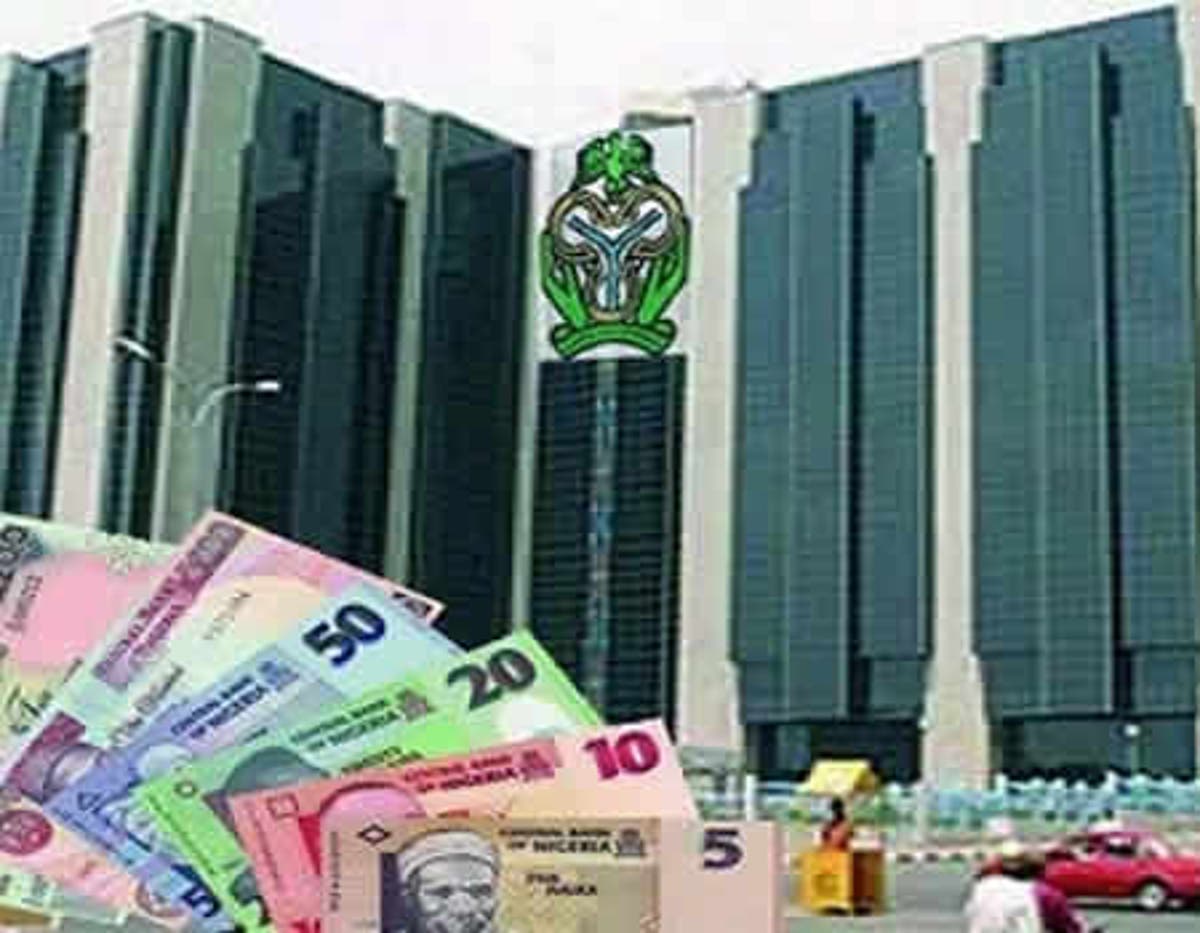Federal Government borrowing from the Central Bank of Nigeria has far exceeded the apex bank guidelines, reaching N15.51trn with the President Muhammadu Buhari administration accounting for N14.86 trillion of the debt alone.
In the first six months of this year, the Federal Government borrowed N2.4tn from the CBN, more than half of what it got in the whole of last year.
As of June 2015, a month after the President, Major General Muhammadu Buhari (retd.) came into power, the total government borrowing from the apex bank stood at N648.26bn.
It jumped from N856.33bn in December 2015 to N2.23tn in December 2016, the CBN data show.
The total borrowing from the bank grew by N1.08tn in 2017 to N3.31tn. It rose further by N2.1tn in 2018 to N5.41tn. The Federal Government’s borrowing from the CBN surged by 61.18 per cent (N3.31tn) to N8.72tn at the end of 2019.
READ ALSO: CBN dep. gov explains depreciation in Naira’s value
Last year, the government turned to the apex bank for a record N4.9tn to plug its fiscal financing gap, bringing its total borrowing to N13.11tn as of December 2020.
The N15.51tn owed by the Federal Government to the central bank is not part of the country’s total public debt stock, which stood at N33.11tn as of March 2021, according to the Debt Management Office.
According to Section 38 of the CBN Act, 2007, the bank may grant temporary advances to the Federal Government in respect of temporary deficiency of budget revenue at such rate of interest as the bank may determine.
The Act says, “The total amount of such advances outstanding shall not at any time exceed five per cent of the previous year’s actual revenue of the Federal Government.
A global credit ratings agency, Fitch Ratings, had in January raised concerns over the Federal Government’s repeated recourse to its ways and means facility with the central bank.
READ ALSO:Banks borrowing from CBN jumps amidst liquidity plunges
According to the agency, the use of central bank financing in Nigeria, which predates the COVID-19 pandemic shock, could raise risks to macro-stability in the context of weak institutional safeguards that preserve the credibility of policymaking and the ability of the central bank to control inflation.
“The CBN’s guidelines limit the amount available to the government under its WMF to five per cent of the previous year’s fiscal revenues. However, the FGN’s new borrowing from the CBN has repeatedly exceeded that limit in recent years, and reached around 80 per cent of the FGN’s 2019 revenues in 2020,” it said.
The Managing Director and Chief Executive Officer, Financial Derivatives Company Limited, Mr Bismarck Rewane, described N15.51tn as ‘quite large’, stressing the need for the government to securitise it.
He said, “N15tn is about 45 per cent of the total money supply. So, if, for example, those ways and means advances were securitised today, people will have to invest in government securities and it will reduce money supply by 45-50 per cent.
In the first five months of this year, total Federal Government revenue was N1.8tn, while expenditure was N4.8tn, leaving a gap of about N3tn, which is the reason why you saw that over N2tn borrowed from the central bank.

 Entertainment6 days ago
Entertainment6 days ago
 Health1 week ago
Health1 week ago
 Health4 days ago
Health4 days ago
 Football1 week ago
Football1 week ago
 Football1 week ago
Football1 week ago
 Crime4 days ago
Crime4 days ago
 Education6 days ago
Education6 days ago
 Crime1 week ago
Crime1 week ago

